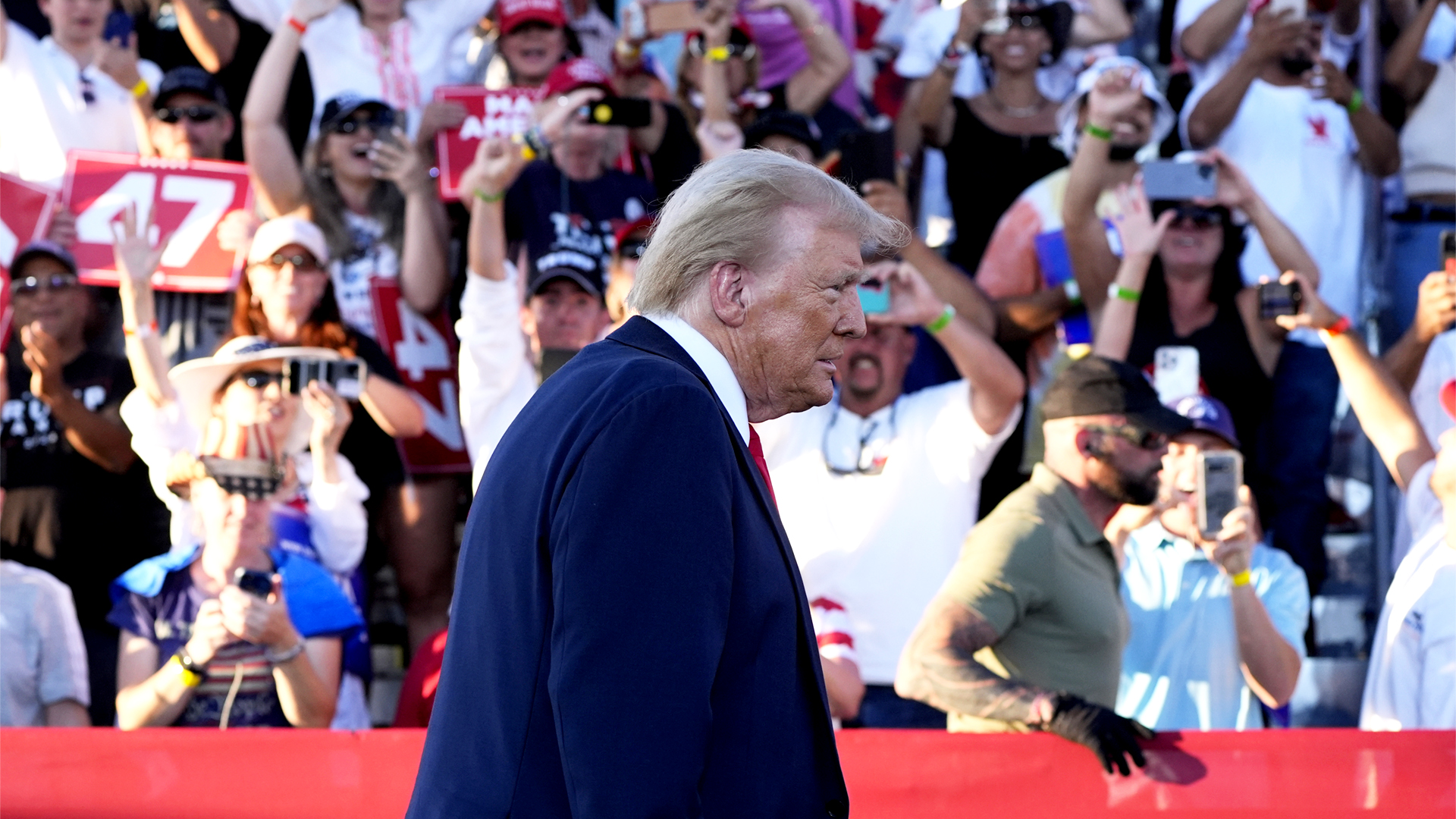New York Times Pollster Nate Cohn Warns That Shy Trump Voters Could Be Skewing Surveys — Again

(AP Photo/Alex Brandon)
Shy Trump voters have been a thorn in pundits’ sides ever since the Donald first came down the escalator in 2015.
And according to The New York Times’ chief political analyst and pollster Nate Cohn, they might be at it again. On Sunday, the Times and Siena College released their final poll from the seven battleground states, and the results were inconclusive.
In Arizona, Donald Trump leads Kamala Harris by four points, and in Michigan, he has a one-point advantage. Harris, on the other hand, is beating Trump by one in Georgia, and three in Nevada, North Carolina, and Wisconsin. The two candidates are tied in what is considered by many to be the single most pivotal state in the election, Pennsylvania.
In his write-up of the results, Cohn submitted that they don’t “point toward a relatively clear favorite” for a few reasons, even if Harris was perhaps slightly more pleased by its finding.
“On average, Ms. Harris fared modestly better than our last round of surveys of the same states, but her gains were concentrated in states where she was previously struggling,” he wrote. “Meanwhile, the so-called Blue Wall (Michigan, Wisconsin and Pennsylvania) does not look quite as formidable of an obstacle to Mr. Trump as it once did. As a result, Ms Harris’s position in the Electoral College isn’t necessarily improved.”
Cohn also warned that nonresponse bias from Republicans may be continuing to skew the results, just as they did in 2016 and 2020:
It’s hard to measure nonresponse bias — after all, we couldn’t reach these demographically similar voters — but one measure I track from time to time is the proportion of Democrats or Republicans who respond to a survey, after considering other factors.
Across these final polls, white Democrats were 16 percent likelier to respond than white Republicans. That’s a larger disparity than our earlier polls this year, and it’s not much better than our final polls in 2020 — even with the pandemic over.
“It raises the possibility that the polls could underestimate Mr. Trump yet again,” he concluded.
New: The Mediaite One-Sheet "Newsletter of Newsletters"
Your daily summary and analysis of what the many, many media newsletters are saying and reporting. Subscribe now!






Comments
↓ Scroll down for comments ↓